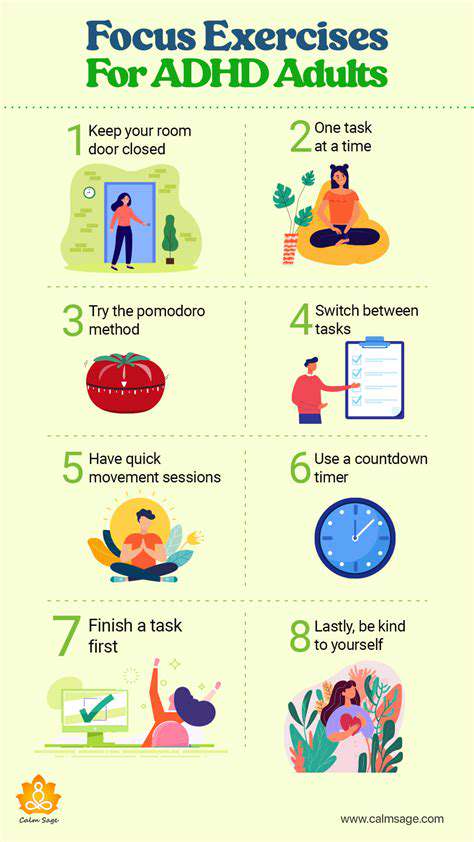How to Manage Grief After Losing a Pet

Creating a Lasting Tribute
Honoring the memory of a beloved pet is something many pet owners find meaningful after their companion passes away. The process of creating a tribute can vary widely from person to person. What matters most is that the memorial feels authentic to the special relationship you shared with your pet.
Some people prefer keeping it simple with a framed photo, while others create elaborate memorial spaces. The important thing is choosing something that truly reflects your pet's unique personality and the joy they brought into your life.
Choosing a Memorialization Method
There are countless ways to memorialize a pet, from traditional options like urns to more creative alternatives. Consider what will fit your lifestyle and available space. A quality urn can provide a dignified resting place where you can reflect on happy memories with your pet.
Engraved stones or a special garden area offer beautiful ways to celebrate your pet's life while creating a peaceful spot for remembrance. Each option allows you to honor your pet in a way that feels right for you.
Crafting a Memory Book
Putting together a memory book is a heartfelt way to preserve special moments with your pet. Include favorite photos, handwritten notes about their quirks, and other personal touches. This becomes a cherished keepsake that brings comfort during difficult moments.
Whether you create a simple scrapbook or a more elaborate album, focusing on meaningful details will make it a special tribute to your pet's unique personality.
Designing a Memorial Garden
A dedicated garden space can serve as a beautiful living memorial. Choose plants that remind you of your pet or that reflect their personality. This creates a peaceful spot where you can feel close to your pet's memory.
Adding elements like a small bench or wind chime can make the space even more special and inviting for quiet reflection.
Creating a Pet Memorial Website
In our digital world, an online memorial offers a way to share your pet's story with others. You can post photos, write about their personality, and even create a video tribute. This allows friends and family to celebrate your pet's life with you.
It's also a wonderful way to create a lasting digital memorial that can be visited anytime from anywhere.
Personalized Keepsakes and Gifts
Many unique options exist for creating tangible reminders of your pet. Custom jewelry, engraved items, or commissioned artwork can all serve as meaningful mementos. These special items can become family heirlooms that keep your pet's memory alive for years.
Look for pieces that truly capture your pet's spirit, whether it's a portrait that shows their personality or an item featuring their name.
Practical Strategies for Coping with Daily Life: Adapting to Change

Understanding the Root Causes of Stress
Identifying what specifically causes stress in your life is an important first step in managing it effectively. Taking time to reflect on what situations or relationships affect you most can provide valuable insight. Recognizing these patterns helps you respond more effectively rather than feeling overwhelmed.
Keeping a journal can be particularly helpful for noticing stress patterns that might otherwise go unnoticed in daily life.
Prioritizing Self-Care
Making time for self-care isn't selfish - it's essential for handling life's challenges. Regular activities that support your physical and emotional health build resilience during difficult times. Simple things like getting enough sleep, eating nourishing foods, and making time for hobbies can make a big difference.
Developing Healthy Coping Mechanisms
Finding constructive ways to manage stress is crucial for long-term wellbeing. Techniques like focused breathing, mindfulness practices, or creative activities can help maintain emotional balance. These tools can provide stability when life feels overwhelming. Try different approaches to see what works best for you.
Time Management and Organization
Staying organized can significantly reduce daily stress. Breaking large tasks into smaller steps and creating realistic schedules helps prevent feeling overwhelmed. Being proactive about managing your time creates a sense of control and accomplishment.
Seeking Support and Connection
Reaching out to others is important when dealing with stress. Talking with trusted friends, family, or professionals can provide perspective and comfort. Sharing your experiences helps combat feelings of isolation and reminds you that you're not alone.
Practicing Mindfulness and Relaxation Techniques
Mindfulness practices can be powerful tools for stress management. Techniques like meditation or gentle yoga help focus on the present moment. Regular practice makes it easier to find calm during stressful situations.
Seeking Professional Help When Necessary
Sometimes stress becomes too much to handle alone. Consulting with a therapist or counselor can provide valuable support. Professional guidance can help develop personalized strategies for managing difficult situations.
Moving Forward with Love and Gratitude: Embracing the Future
Acknowledging the Past, Honoring the Present
Processing loss involves recognizing both the pain it brings and the current reality. Allowing yourself to fully experience emotions is part of healthy grieving. At the same time, finding ways to appreciate present moments can provide balance during difficult times.
Cultivating a Positive Mindset
While acknowledging challenges, focusing on positive aspects of life can be helpful. Noticing small joys and practicing gratitude creates perspective. Being aware of negative thought patterns allows you to gently shift them over time.
Finding Support and Connection
Connecting with understanding people makes the journey through grief more manageable. Support groups or professional counseling can offer additional resources when needed.
Embracing Self-Care Practices
Maintaining basic self-care routines provides stability during emotional times. Simple practices like getting outside or engaging in favorite activities help maintain wellbeing.
Planning for the Future with Purpose
As healing progresses, finding meaningful ways to honor memories while moving forward can be valuable. Setting personal goals creates direction and hope for the future.
Read more about How to Manage Grief After Losing a Pet
Hot Recommendations
-
*Guide to Managing Gout Through Diet
-
*Best Habits for Financial Well being
-
*How to Build a Routine for Better Mental Health
-
*How to Eat Healthy on a Budget [Tips & Meal Ideas]
-
*Guide to Practicing Self Acceptance
-
*How to Incorporate More Movement Into Your Day
-
*Guide to Managing Chronic Pain Naturally
-
*Guide to Building a Reading Habit for Well being
-
*Top 5 Weight Loss Supplements That Actually Work
-
*Best Exercises for Postpartum Recovery [Beyond Abdominal Work]


![Essential Health Screenings for Women [By Age]](/static/images/26/2025-05/ImportantConsiderationsAcrossAllAges.jpg)








